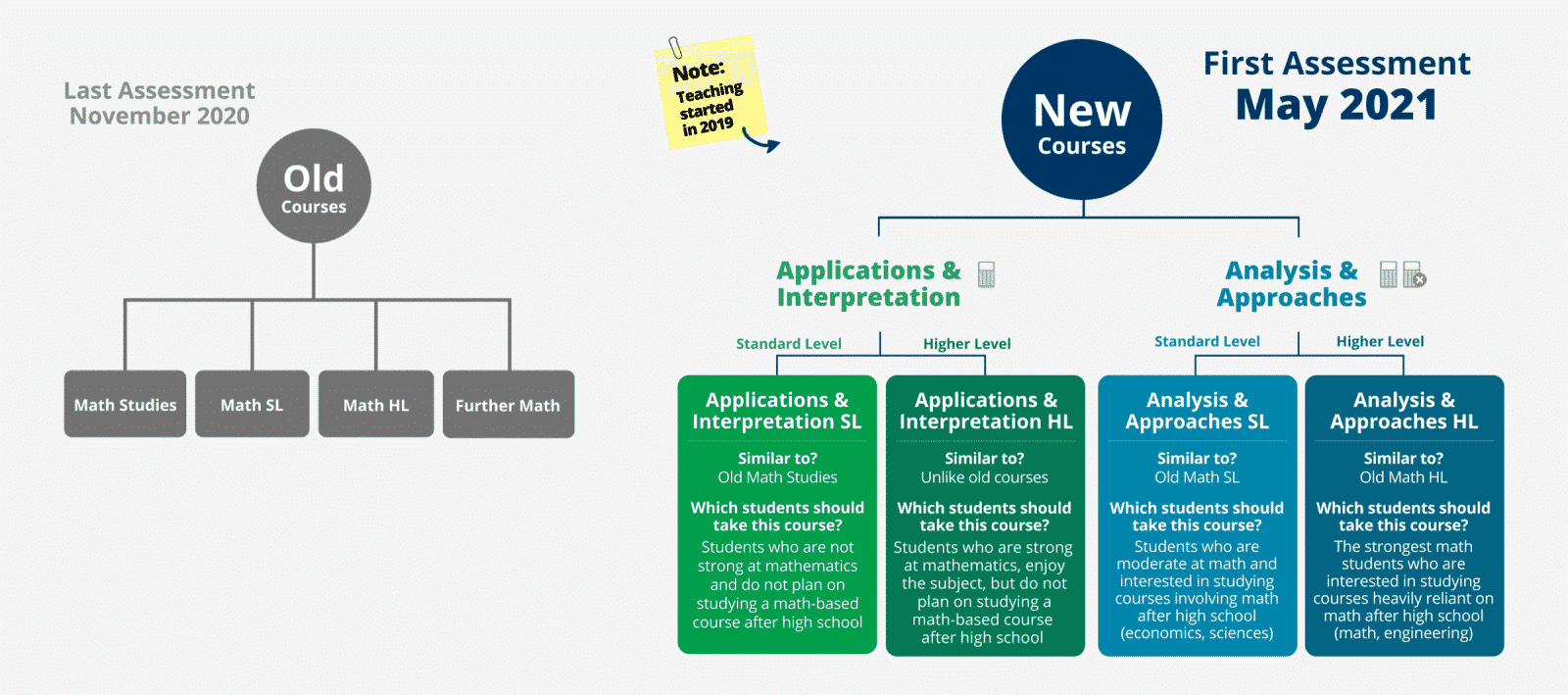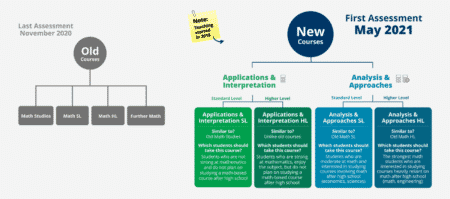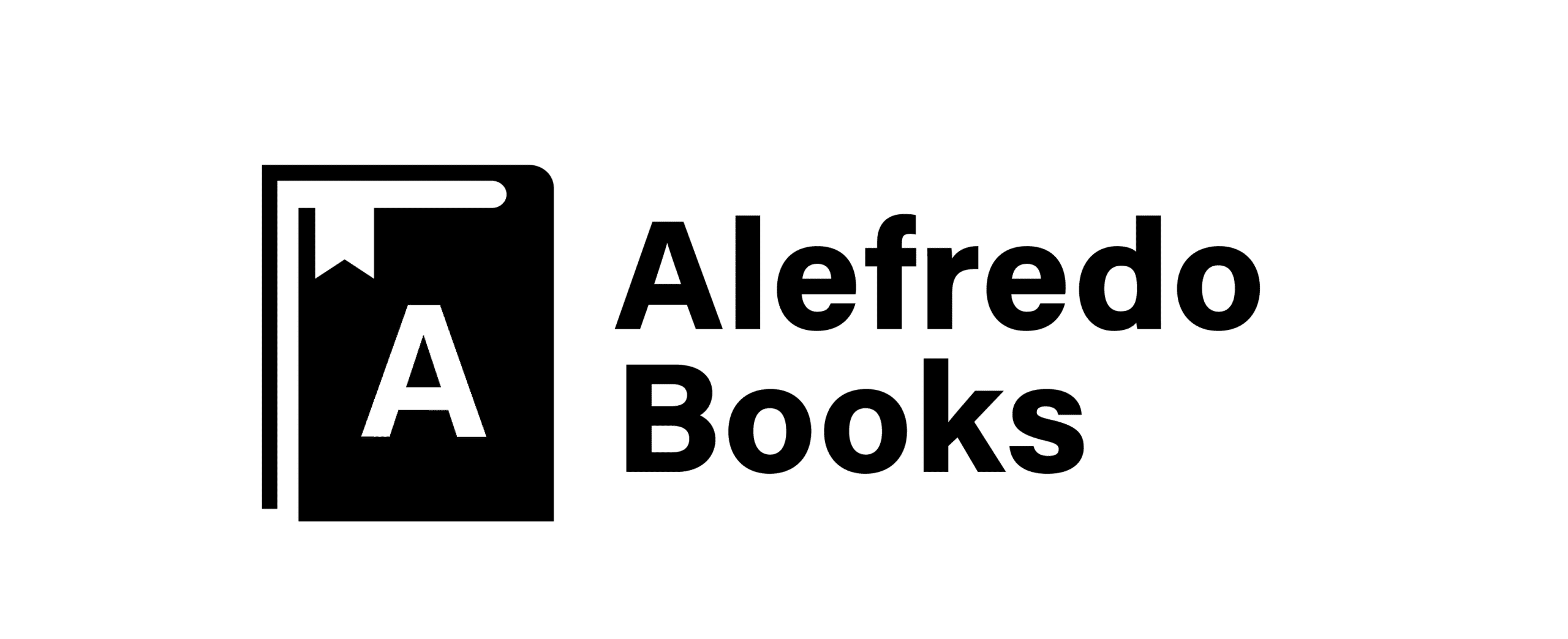
IB Higher vs Standard Level: Key Differences & How to Choose
When choosing your IB subjects, one of the most important decisions is whether to take a course at Higher Level (HL) or Standard Level (SL). This choice affects not only how much you study but also what content you cover. Understanding the difference between standard level and higher level can help you build a balanced schedule that aligns with your strengths and academic goals.
What’s the Difference Between Higher Level and Standard Level in IB?
Standard level (SL) IB courses typically require 150 teaching hours, while Higher Level (HL) courses involve around 240 hours. This means HL courses go deeper into the subject matter, while standard level focuses on foundational understanding. However, both levels are academically rigorous and recognized by universities worldwide.
Why Your Choice Matters
Most IB students take three Higher Level and three Standard Level subjects. Some universities require certain subjects to be taken at the standard level or higher level for admission to specific majors. If you’re planning to study medicine, engineering, or law, you might need to take the required subjects at the HL. But if you’re unsure, standard level options offer flexibility and still meet diploma requirements.
Is Standard Level Easier?
While standard level courses cover less content, that doesn’t always mean they are easy. Exams still test your understanding thoroughly. Some students find that standard level subjects help them manage their workload better while still allowing them to focus more deeply on HL subjects.
How to Choose Between HL and SL
When selecting between standard level and higher level, consider your future goals, your academic strengths, and your time management skills. If you’re passionate about a subject and might pursue it in university, take it at HL. Otherwise, standard level could give you more balance in your schedule.

Ultimately, the Higher-Level subjects are harder to pass
While the standards are very high for both levels, the difference in the number of IB subjects is not as large as you may think. For most people, it’s a matter of preference. In fact, the Higher-Level courses are usually easier to pass, but the standard-level subjects can also be challenging to complete. There’s really no clear winner between the two levels. You need to choose the correct course based on your goals.
Choosing between the HL and SL subjects is often based on what you’re interested in. It’s important to note that HL courses will generally offer more in-depth knowledge of the subject you’re interested in. They’ll also have more flexible syllabuses and less coursework. And if you’re thinking about a career in a particular field, you can choose an HL course for a more specialised degree.
If you’re a student looking for a university or a good job, you need to choose the right subject at a higher level. SL subjects are more focused on specific subjects while HL subjects are more focused on broad topics. Some universities require a higher level to be eligible for admission. If your major requires a specific course, you should go for the HL. Otherwise, you can choose to take 3 HL and three SL subjects instead.
The HL is more difficult than the SL
It offers more breadth in terms of subjects, but it’s also more intensive. HL subjects require more coursework than SL subjects. Moreover, the number of subjects in SL is smaller than the number of subjects in SL. If you’re looking for a good university, you need to take the HL course. If you’re thinking about a degree, it’s best to get an A-Level as well.
Choosing the right IB subject depends on the purpose for which you want to study. For example, if you’re applying to a university or a company that requires an interview, the A-Level will be more suitable. This is because the HL curriculum has fewer subjects and allows you to focus on the desired subjects. The IB curriculum is also more difficult than the A-level, so the HL course is worth pursuing.
IB subjects can be taken at the Standard Level (SL) or the Higher Level (HL). The SL subjects will be taught over the course of two years, with some SL subjects having an exam in advance. The HL course will require 150 hours of instructional time. You can also choose the higher level for some courses. If you’re not sure, you can take the A-Level course.

